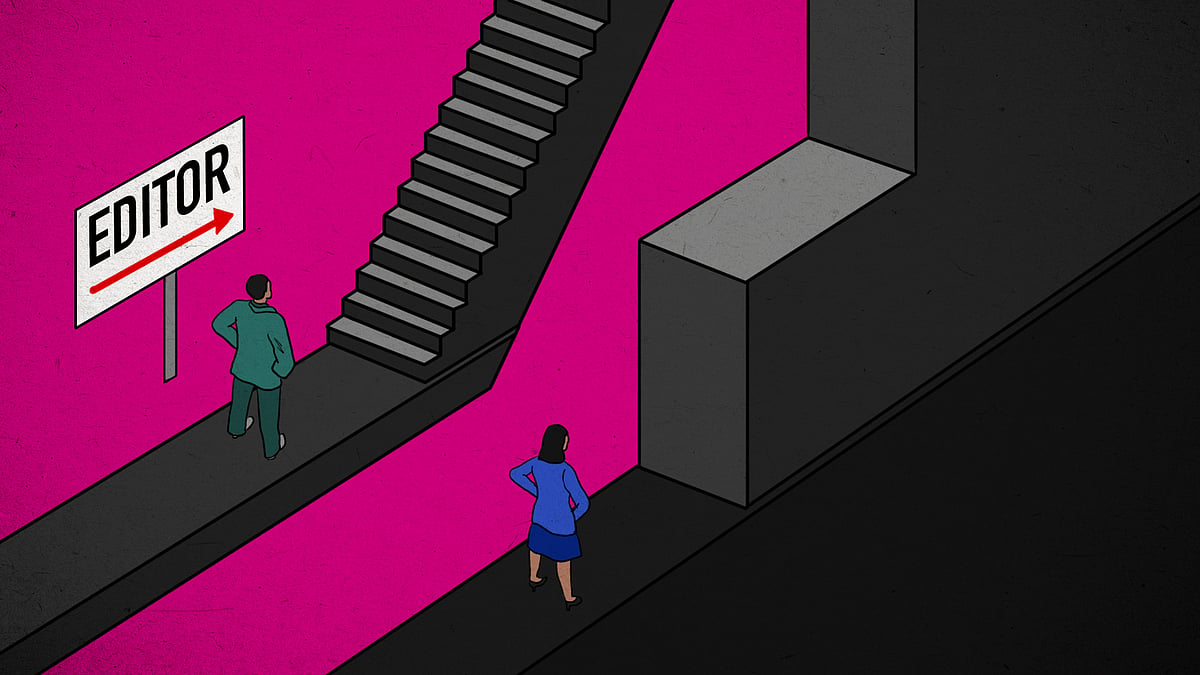‘Sweeping powers to govt’ under new laws concern Indian journos: Reuters Digital News Report
The main source of news is often social media platforms in India, the report said.
Indian journalists and digital media groups are concerned about the “sweeping regulatory powers given to the government” under new laws introduced by the Modi government, said the Reuters Institute for the Study of Journalism in its annual Digital News Report released today.
The section on India noted that the Digital Personal Data Protection Act gives powers to government-appointed board members to implement its provisions, the Press and Registration of Periodicals Act gives “unspecified powers” to the government to issue guidelines or make rules, and the Telecommunications Act 2023 has raised concerns over its broad definitions of telecommunication services, and “about excessive powers for surveillance, internet shutdowns, and government access to encrypted social media messages”. It also mentioned the government fact-check unit under the broadcasting ministry, saying that “many media bodies have said it will affect freedom of speech and expression”.
The report said that there’s a marginal increase in the overall trust in news to 41 percent, but trust has declined “for some news brands, at a time when the mainstream Indian media have also faced criticism for their coverage of the violence in the state of Manipur”.
The main source of news is often social media platforms in India, the report said. Almost half of the respondents of the survey at 54 percent use YouTube and 48 percent use WhatsApp for news each week, “while Facebook and X are becoming less popular”. And despite a general decline in interest in news over the years, print at 40 percent and TV at 46 percent are still popular platforms for accessing news, said the report.
Legacy platforms, such as NDTV, Times of India, Republic TV, and BBC News also continue to enjoy high viewership in offline and online products, among younger, urban, and mostly English-speaking samples.
The national media’s coverage of the Manipur violence was found “lacking context and balance” and the “internet ban imposed by the government to control the situation adversely affected free flow of information for reporters,” the report said citing a fact-finding report by the Editors’ Guild of India. Newslaundry had extensively reported from ground zero on the Manipur violence and the internet ban in the northeastern state.
Referring to the Project Electoral Bond, a collaborative investigative project by Newslaundry, The News Minute and Scroll, the Reuters report said that the Supreme Court’s striking down of the electoral bonds scheme “provided opportunities for digital platforms such as Newslaundry and The News Minute to collaborate on investigative stories to cast light on the electoral funding of political parties in the country”.
The annual report also mentioned that Adani-owned NDTV AMG Media Networks has increased its stake in the news agency IANS and BQ Prime. “The Adani Group’s expansion within the media landscape reflects the increasing corporatisation of media in India.”
It noted that the raids on NewsClick and its journalists by the Delhi Police were criticised by journalists’ unions and several independent press bodies as it “involved seizure of devices, and the use of terrorism charges against NewsClick as ‘chilling’ and an effort to muzzle press freedom”.
Newslaundry has extensively reported on the violation of press freedom in India and the need for better safeguards. Read here.
Complaining about the media is easy. Why not do something to make it better? Support independent media and subscribe to Newslaundry today.
 ‘Diversity initiatives performative’: Women populate newsrooms, not top roles, says Reuters study
‘Diversity initiatives performative’: Women populate newsrooms, not top roles, says Reuters study Indian journalists facing ‘physical threats, undue political influence’: Reuters Digital News report 2023
Indian journalists facing ‘physical threats, undue political influence’: Reuters Digital News report 2023